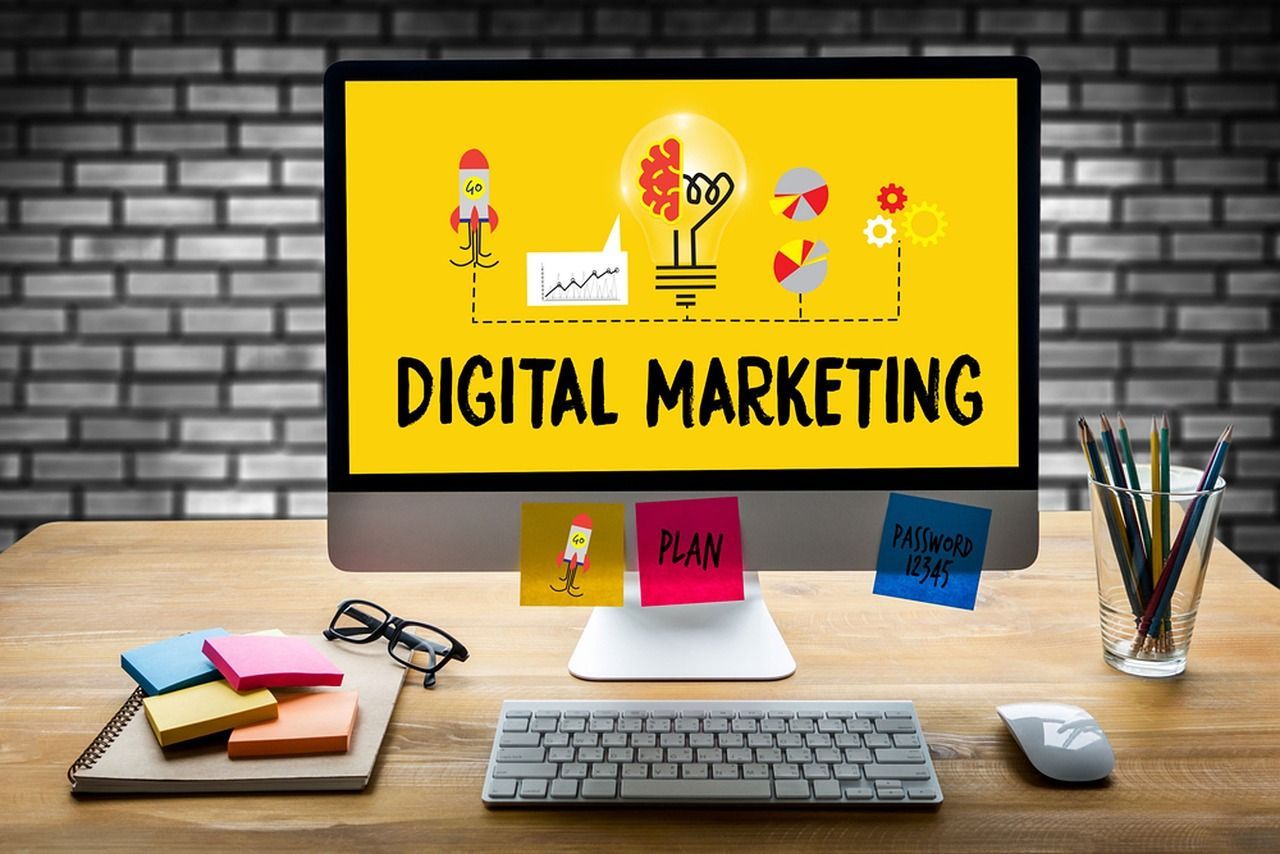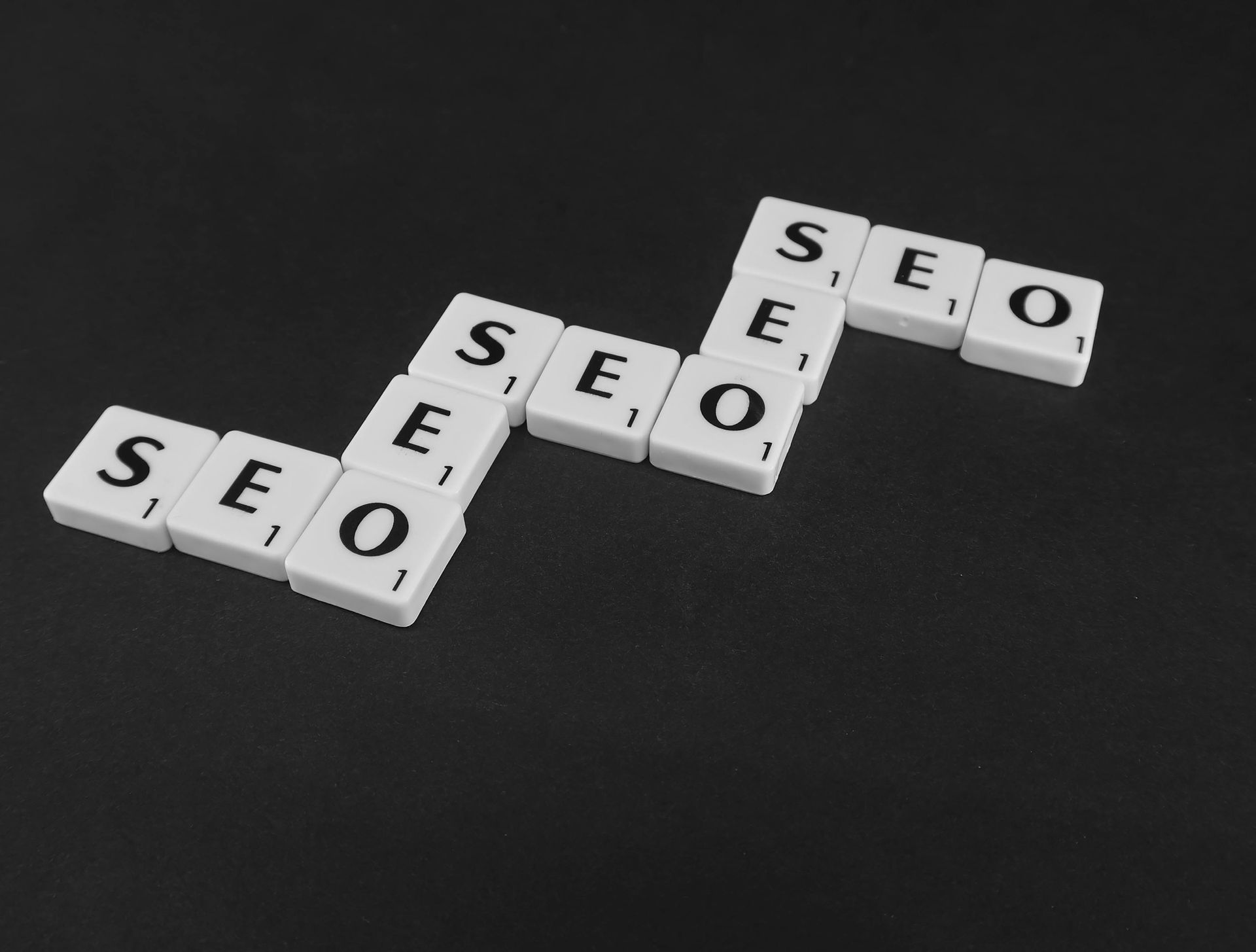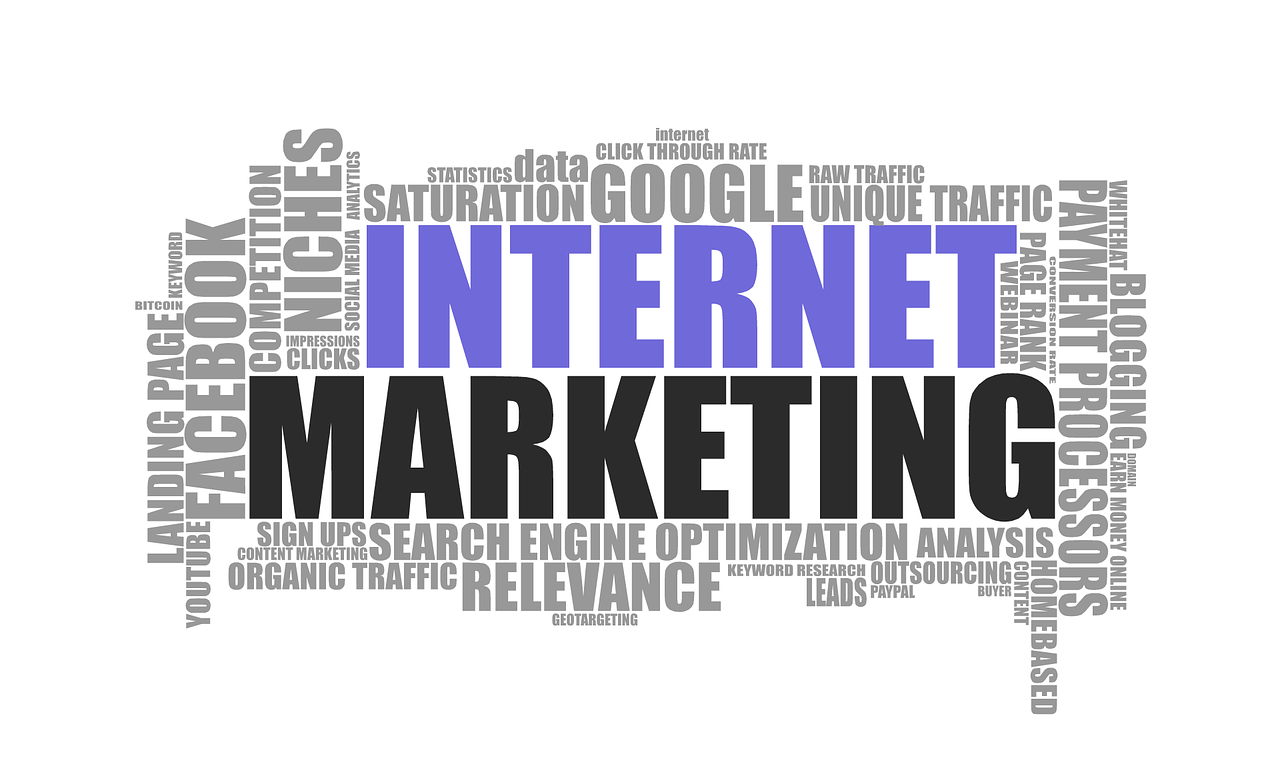Pay-Per-Click Advertising: What Is PPC & How Does It Work?
Maximize your advertising ROI with a top PPC management company in Florida. Our blog explains the fundamentals of Pay-Per-Click advertising and its benefits. Perfect for digital marketing for small businesses in Florida, PPC offers targeted, cost-effective advertising solutions. Learn how to implement and optimize PPC campaigns to attract the right audience and boost your business growth with expert guidance.
In the digital age, getting noticed by your target audience requires savvy marketing strategies. Among these, Pay-Per-Click (PPC) advertising stands out as a powerful tool.
If executed correctly, PPC can offer immediate results and superior control over your marketing budget.
This post aims to demystify PPC advertising for small business owners, offering actionable insights to leverage this strategy for your growth.
Introduction to Pay-Per-Click (PPC) Advertising
PPC advertising is a model of internet marketing in which advertisers pay a fee each time one of their ads is clicked. Essentially, it's a way of buying visits to your site, rather than attempting to "earn" those visits organically.
Search engine advertising is one of the most popular forms of PPC. It allows advertisers to bid for ad placement in a search engine's sponsored links when someone searches on a keyword that is related to their business offering. For example, if we bid on the keyword “PPC software,” our ad might show up in the very top spot on the Google results page.
Every time our ad is clicked, sending a visitor to our website, we have to pay the search engine a small fee. When PPC is working correctly, the fee is trivial, because the visit is worth more than what you pay for it.
In other words, if we pay $3 for a click, but the click results in a $300 sale, then we've made a significant profit.
Understanding the Basics: What is PPC?
A fundamental aspect to understanding PPC is recognizing its components and how they interact with one another. The mechanism behind PPC advertising is more intricate than simply paying for clicks.
It involves a meticulous process of bidding, ad placement, and optimization to ensure the maximum return on investment (ROI). Here are some basic components of PPC advertising:
- Keywords: The foundation of PPC advertising. Advertisers select keywords they believe their target audience will use when searching for their products or services online.
- Ad Copy: A crucial element that convinces users to click. It must be compelling and relevant to the keywords.
- Landing Pages: After clicking an ad, users are directed to a landing page. This page should deliver on the promise of the ad and encourage users to take a specific action, such as making a purchase or signing up for a newsletter.
- Bid Amount: Advertisers bid on how much they are willing to pay for a click on their ads. This bid can affect the placement of the ad, with higher bids generally leading to better ad positions.
- Quality Score: Search engines rate the relevance and quality of ads and their landing pages. Higher quality scores can lead to lower cost per clicks and better ad positions.
Understanding these elements and how they work together can help advertisers create effective PPC campaigns that attract their target audience and drive conversions.
How Does PPC Work for Small Businesses?
For small businesses looking to enhance their online presence quickly and efficiently, PPC advertising offers a viable solution. Here's how PPC can work to the advantage of small businesses:
- Cost-Effectiveness: With PPC, businesses only pay when someone clicks on their ad, making it a cost-effective strategy. This allows small businesses to control their marketing budget closely.
- Targeted Audience: PPC campaigns can be tailored to target specific demographics, locations, and times of day, ensuring that your ads are seen by the right audience.
- Flexibility: PPC campaigns can be adjusted, paused, or stopped at any time, giving small businesses the flexibility to respond to changing market conditions or business needs.
- Tracking and Analytics: PPC platforms provide detailed tracking and analytics, allowing businesses to see exactly how their campaigns are performing in real-time. This data can be used to refine strategies and improve ROI.
- Immediate Visibility: Unlike organic search strategies, which can take months to yield results, PPC can provide immediate visibility on search engines and other platforms. This is crucial for new businesses or those in competitive markets.
- Level Playing Field: PPC allows small businesses to compete with larger competitors by giving them prominence in search engine results and on websites that their target audience visits.
By leveraging PPC advertising, small businesses can achieve significant results, driving traffic, generating leads, and increasing sales, even with limited marketing budgets.
The Benefits of PPC for Small Business Owners
1. Immediate Exposure: Unlike organic search engine optimization (SEO), which can take months to yield results, PPC campaigns can drive traffic to your site almost instantly.
2. Budget Control: You decide how much you're willing to pay per click and set daily or monthly spending limits, ensuring you never overshoot your marketing budget.
3. Targeted Advertising: PPC allows for granular targeting based on location, language, time of day, and user behaviors, helping you reach your ideal customer.
4. Measurable ROI: With PPC, every aspect of your campaign is measurable, from the number of clicks to the amount of sales generated, offering clear insights into your return on investment.
Common Mistakes to Avoid in PPC Campaigns
- Ignoring Keyword Research: Targeting broad or irrelevant keywords can drain your budget quickly without bringing in the desired traffic.
- Neglecting Negative Keywords: Not defining negative keywords can lead to your ad appearing for unrelated queries, wasting precious clicks.
- Overlooking Ad Extensions: Ad extensions enhance your ads by providing additional information like contact details or links to specific sections of your site but are often underutilized by beginners.
- Failing to Optimize Landing Pages: Driving traffic to your homepage or a poorly optimized landing page can significantly reduce conversion rates.
Steps to Create an Effective PPC Campaign
- Define Your Goals: Start by identifying what you wish to achieve with your PPC campaign – be it increasing sales, generating leads, or boosting brand awareness.
- Conduct Keyword Research: Use tools like Google Keyword Planner to find high-value keywords that are relevant to your business and have a reasonable cost per click (CPC).
- Craft Compelling Ad Copy: Your ad copy should be clear, concise, and include a strong call-to-action (CTA) to entice users to click through.
- Design Optimized Landing Pages: Ensure the landing page related to your ad answers the user's query and offers a seamless path to conversion.
- Set up Tracking: Implement tracking pixels and set up goals in Google Analytics to measure the performance of your PPC campaign accurately.
- Continuous Optimization: Regularly review your campaign's performance and make adjustments to your bids, keywords, and ad creative to improve ROI.
Conclusion
PPC advertising offers a unique opportunity for small businesses to gain visibility, attract targeted traffic, and achieve a measurable return on investment.
By understanding the basics, avoiding common pitfalls, and following best practices for campaign creation, small businesses can effectively compete in the digital marketplace.
Remember, the key to PPC success lies in continuous learning and optimization. Stay ahead of trends, experiment with new tools, and always keep your customer's needs at the forefront of your strategy.
Ready to jumpstart your business growth with PPC advertising? Contact us today!











